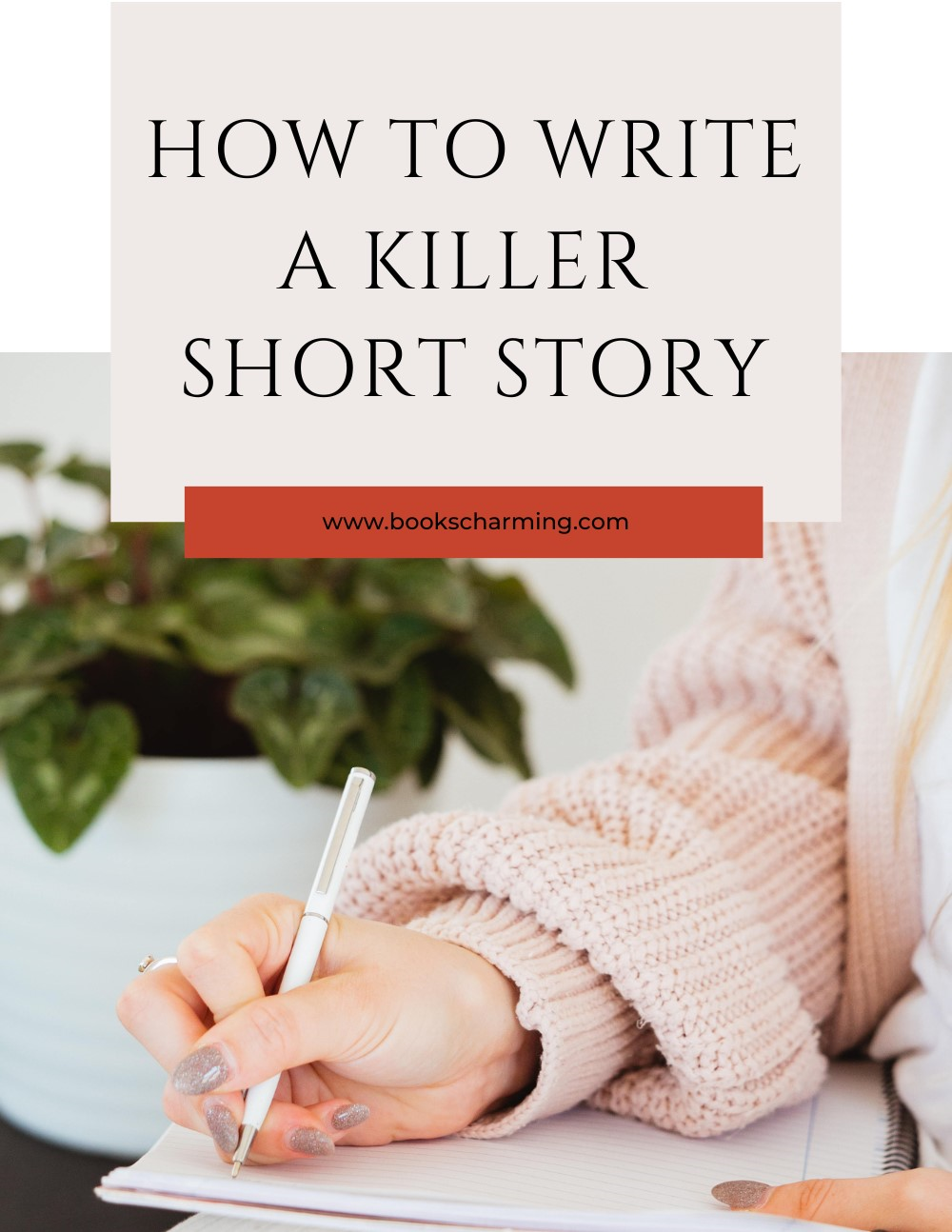1. Start with a strong opening: The opening of your short story should grab the reader's attention and hook them into the story. Start with a powerful sentence or scene that sets the tone for the story.
2. Develop a compelling protagonist: A strong protagonist is essential to a good short story. Develop a protagonist that the reader can relate to, root for, or empathize with.
4. Use sensory details: The use of sensory details can make your short story come alive. Use vivid descriptions of sounds, sights, smells, and textures to transport the reader to the setting of your story.
5. Show, don't tell: Show, don't tell is a crucial rule in creative writing. Use dialogue, action, and description to show the reader what is happening in the story, rather than telling them.
6. Keep it concise: Short stories are called "short" for a reason. Keep your story concise and focused by eliminating unnecessary details, dialogue, or scenes.
7. End with a twist: A great short story often ends with a surprise or a twist that the reader didn't see coming. End your story with a memorable closing line or scene that leaves the reader satisfied and wanting more.
Remember, writing a killer short story takes practice and patience. Keep experimenting with different styles, techniques, and genres until you find what works for you.






No comments:
Post a Comment